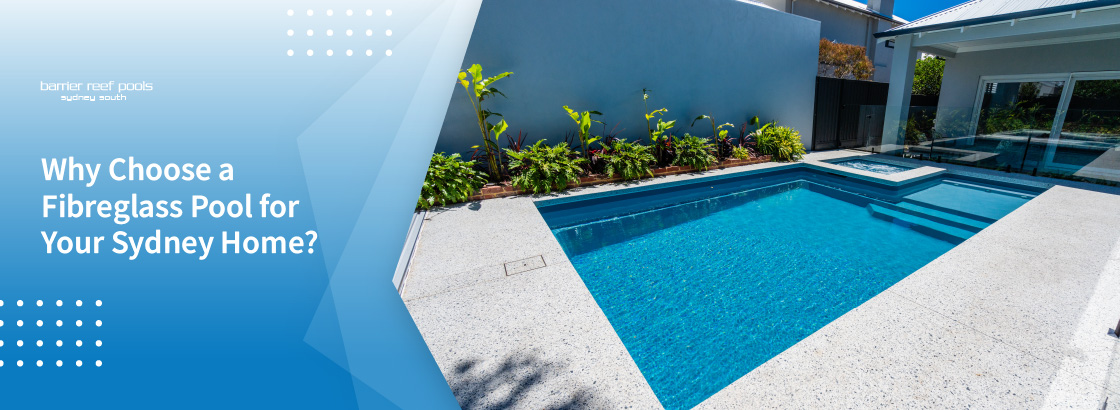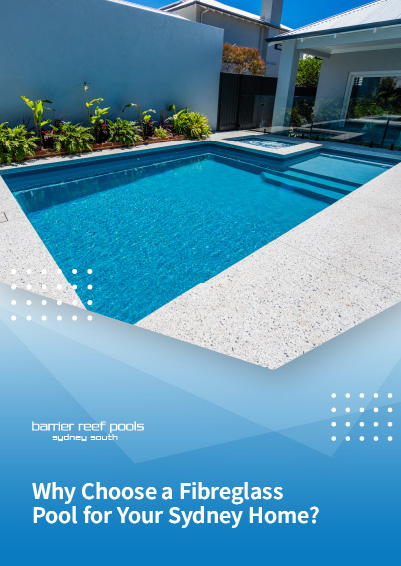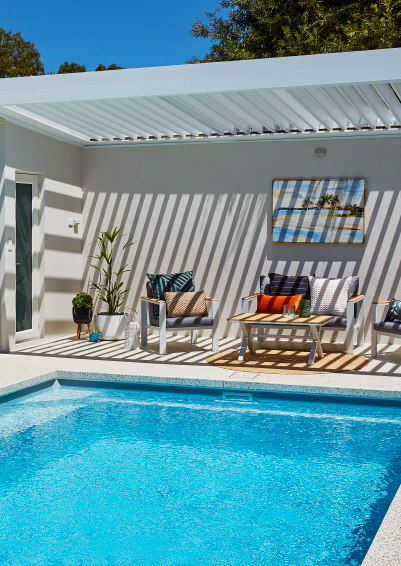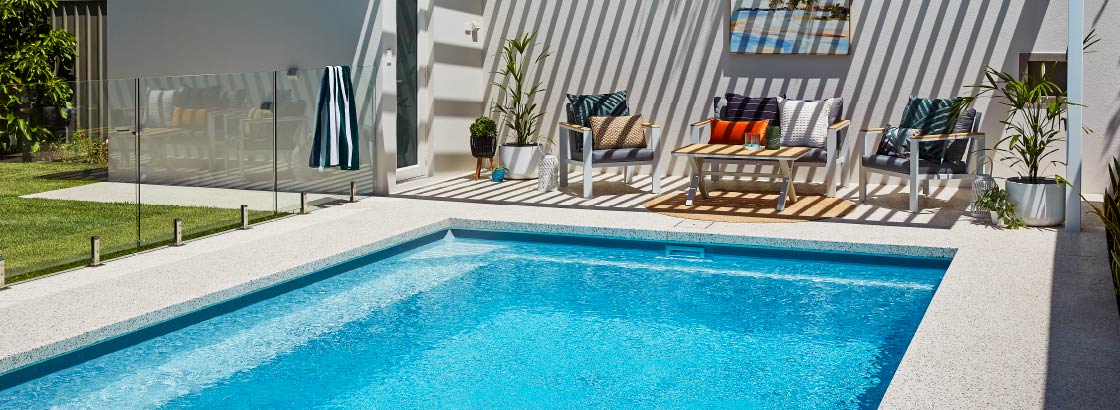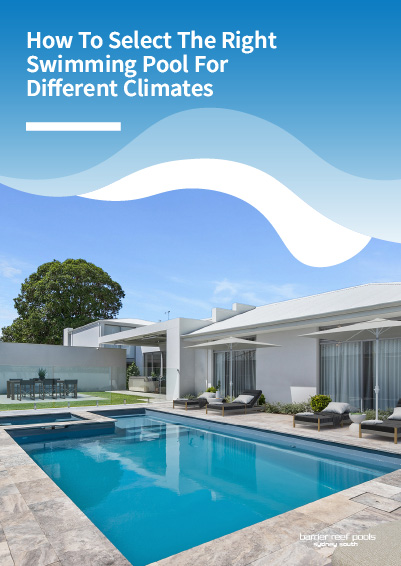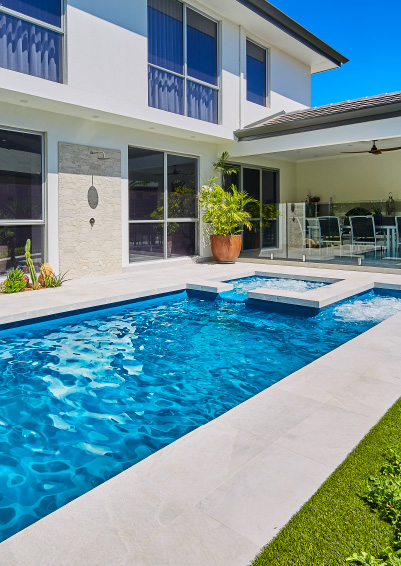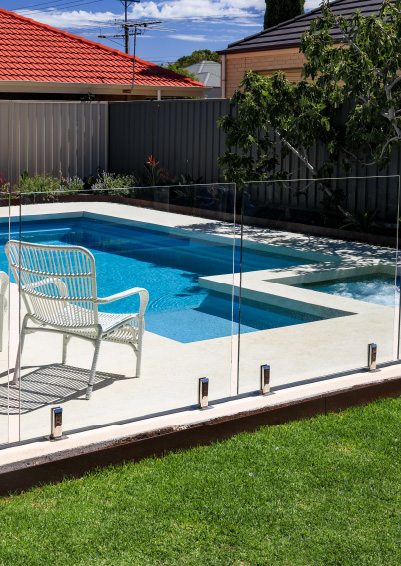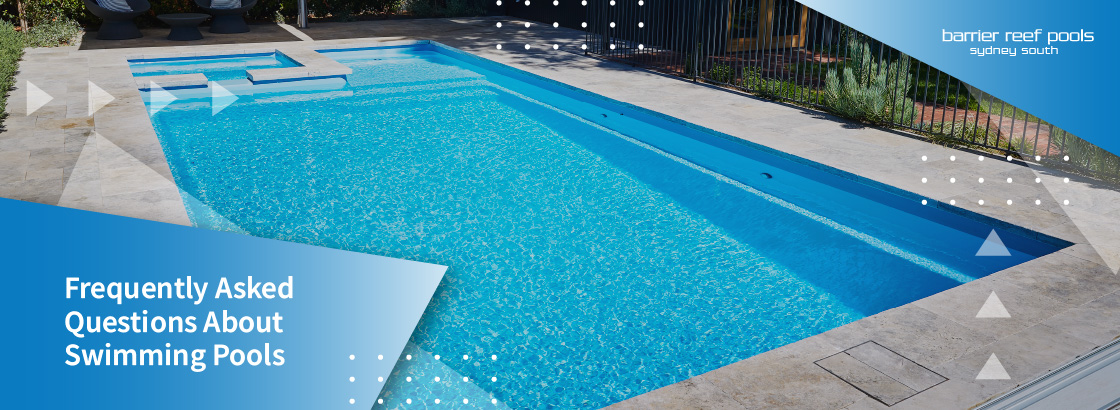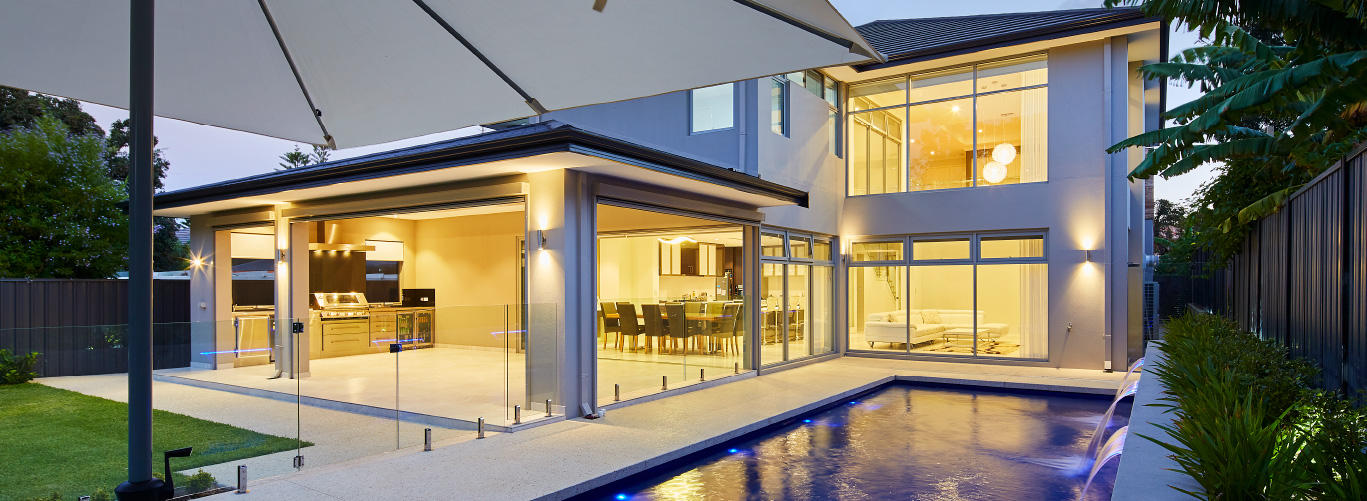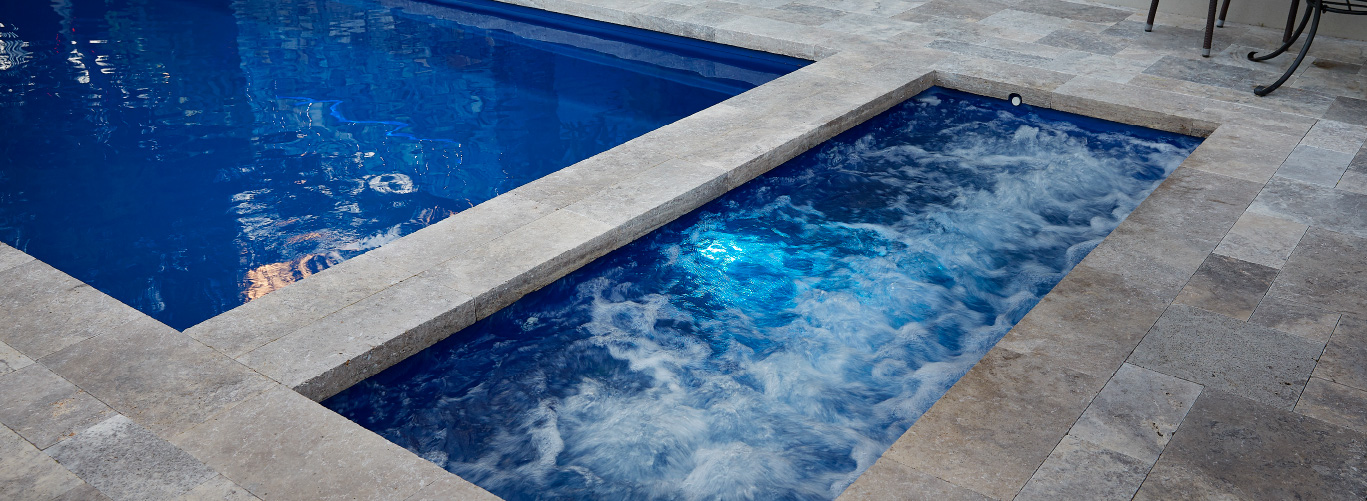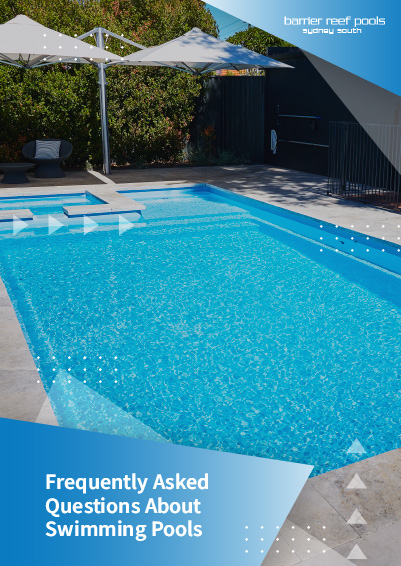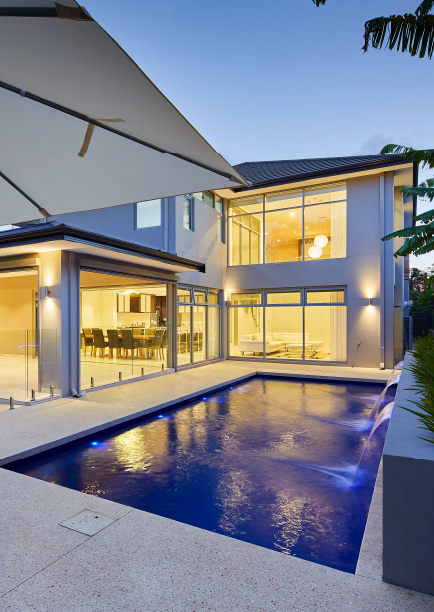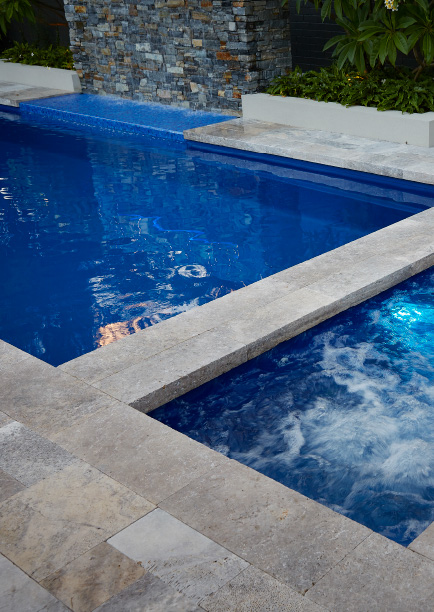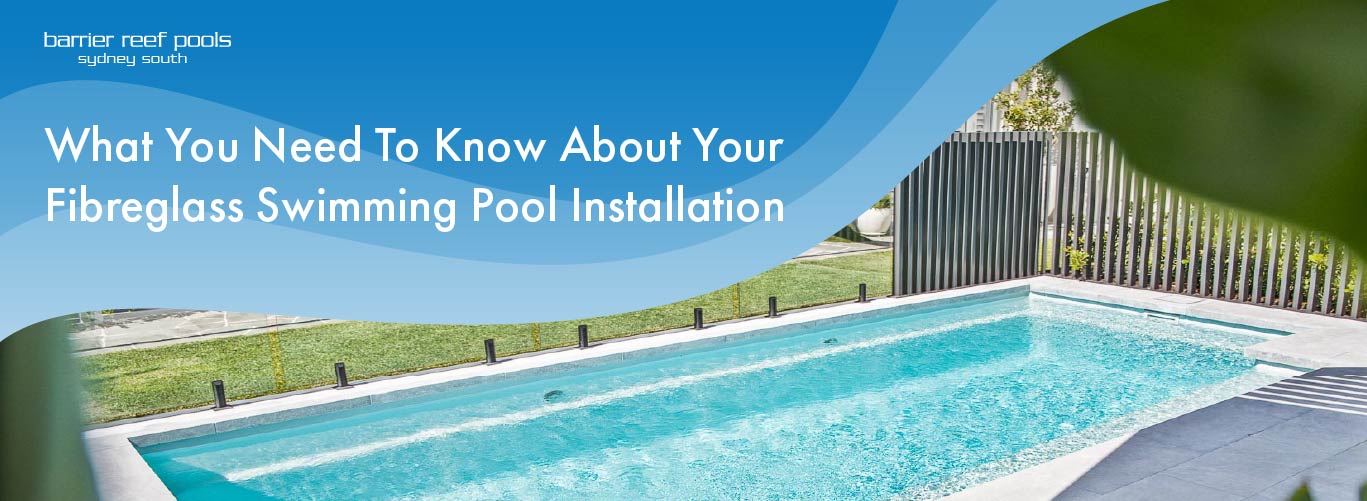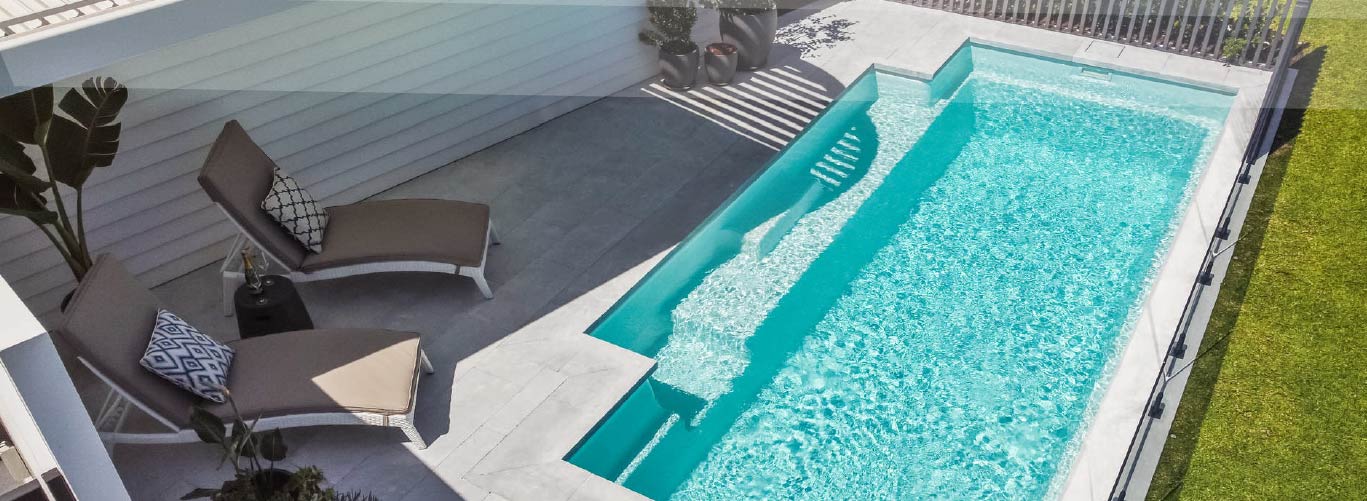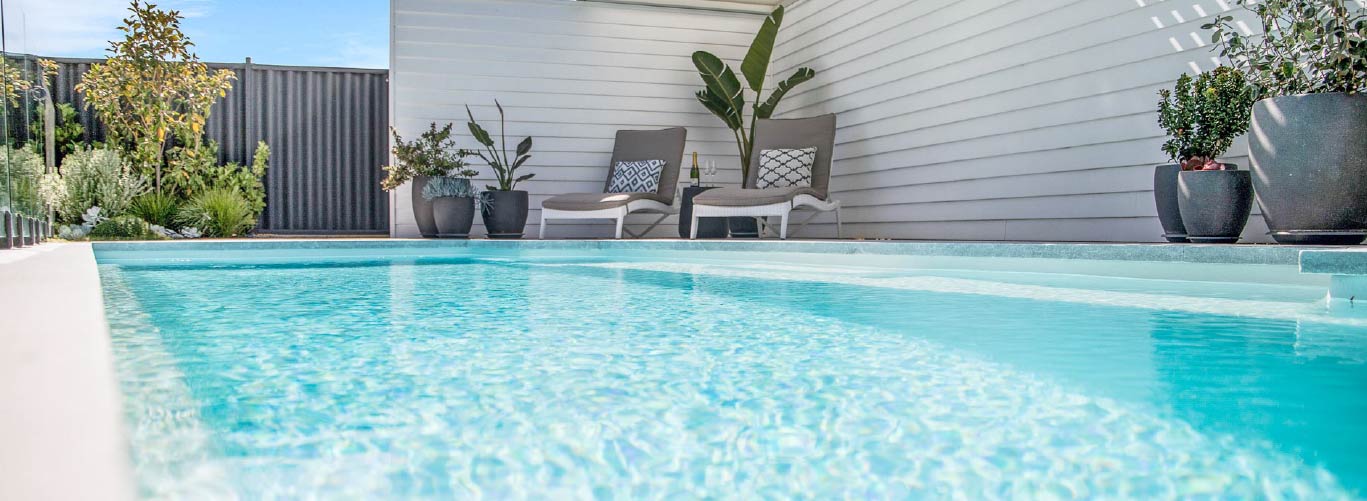Winter-Proof Your Fibreglass Pool:
How To Care For Your Pool During The Colder Months
As the temperature drops and winter sets in, many pool owners think their maintenance duties can take a back seat until summer returns. But when it comes to fibreglass pools, taking proper care throughout the colder months is essential to protect your investment, keep your water clean, and ensure your pool is ready for swimming season when the warmth returns. Winter-proofing your fibreglass pool doesn’t have to be complicated. With a few simple steps and some seasonal know-how, you can avoid common problems like algae growth, equipment damage, or costly repairs down the track. Here’s a practical guide to caring for your fibreglass pool during the colder months, tailored for pool owners who want to keep their backyard oasis in top shape year-round.
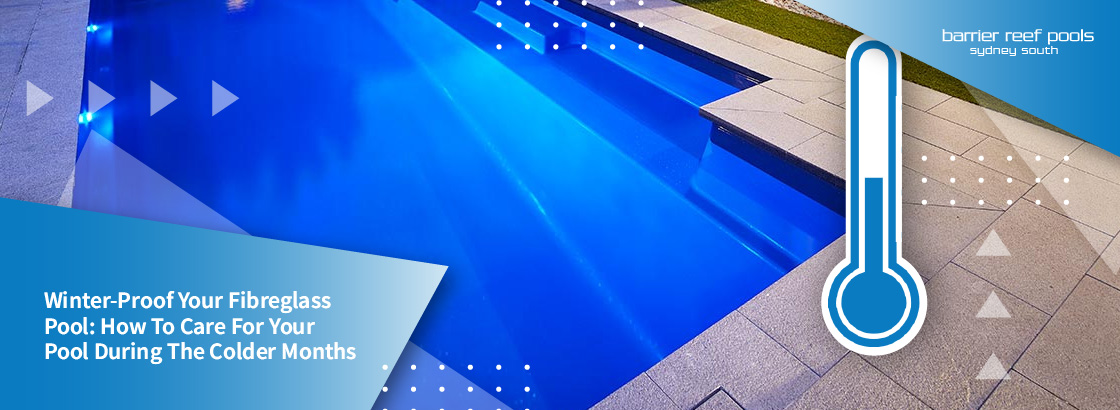
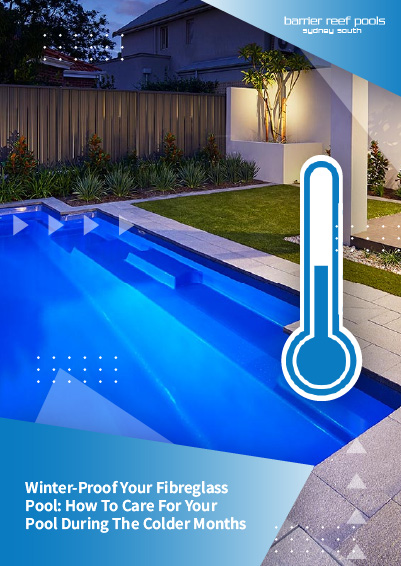
Why Winter Pool Care Matters
Fibreglass pools are known for their durability and relatively low maintenance compared to other pool types. However, winter brings unique challenges that still require attention. Cold weather can slow down water circulation and chemical effectiveness, increasing the risk of algae and bacteria buildup.
If left unchecked, winter neglect can lead to issues such as:
- Cloudy or green water
- Staining or discolouration of the pool surface
- Freezing and cracking of pipes or equipment
- Damage to pumps, filters, and heaters
Spending time on winter maintenance safeguards your pool’s condition and prevents costly repairs in spring.
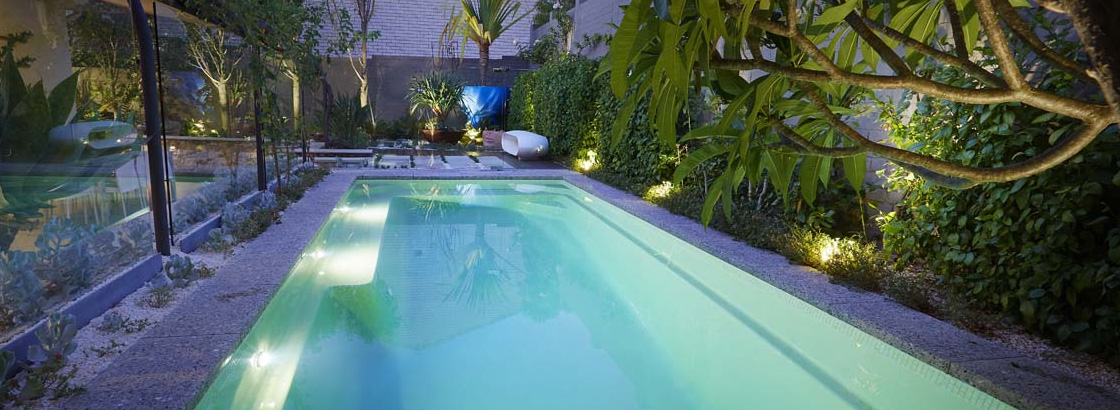
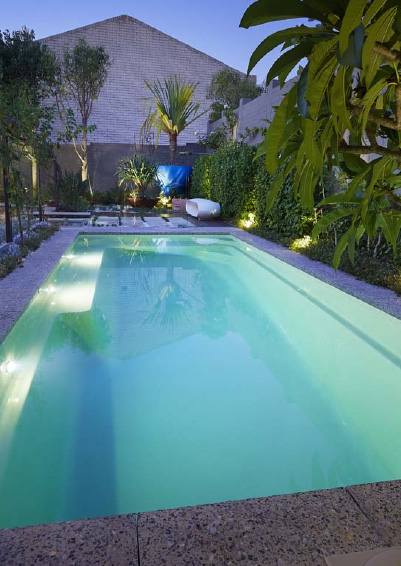
1. Maintain Regular Water Circulation
Even though you may not be swimming during winter, keeping your pool water circulating is vital. Circulation helps distribute chemicals evenly and prevents stagnant water where algae and bacteria can thrive.
Set your pool pump timer to run at least a few hours daily, ideally during the warmest part of the day. This reduces the risk of freezing in pipes and keeps your filtration system working effectively.
2. Balance Your Pool Chemistry
Cold temperatures affect how pool chemicals react, so maintaining balanced water chemistry is key to preventing algae and keeping the pool surface healthy.
Check and adjust:
- pH levels (aim for 7.2 to 7.6)
- Total alkalinity (80-120 ppm)
- Calcium hardness (180-220 ppm)
- Sanitiser levels (chlorine or bromine)
Testing your water weekly during winter allows you to catch any imbalances early and avoid complications.
3. Clean Your Pool Regularly
Leaves, debris, and dirt can accumulate faster during autumn and winter, especially if you have trees or gardens nearby. Remove debris using a pool net and vacuum regularly to prevent organic matter from decaying in the water and causing stains or algae growth.
Also, clean your skimmer baskets and pump baskets frequently to keep water flowing smoothly and avoid strain on your filtration system.
4. Protect Your Pool Equipment
Pool equipment like pumps, filters, and heaters can be vulnerable to cold damage if not properly cared for during winter.
- Inspect equipment: Look for any signs of wear or damage before temperatures drop.
- Cover or insulate: Use appropriate covers or insulation wraps for pumps and pipes to protect them from frost.
- Drain heaters: If you won’t be using your heater, drain and store it according to manufacturer instructions to prevent freezing.
Taking these precautions reduces the risk of mechanical failures and extends the lifespan of your pool’s essential components.
5. Use a Quality Pool Cover
A good pool cover is one of the best investments for winter pool care. It helps:
- Keep debris out of the pool
- Reduce water evaporation
- Maintain water temperature
- Limit chemical loss
Choose a cover designed for fibreglass pools and ensure it fits securely. Regularly check the cover for damage and clear any debris on top to avoid unnecessary weight or water pooling.
6. Keep an Eye on Water Levels
Water levels naturally drop due to evaporation or splash-out, even in winter. Low water levels can damage pumps by causing them to run dry.
Check your pool’s water level regularly and top it up as needed, ensuring it stays at the recommended height, typically halfway up the skimmer opening.
7. Winter Algae Prevention
Algae can still grow in cooler months, especially if water circulation or chemical balance slips. To prevent algae:
- Use an algaecide suitable for fibreglass pools before winter sets in.
- Maintain proper sanitiser levels.
- Brush the pool walls and floor regularly to remove any developing algae.
Preventative action now saves time and effort on cleaning in spring.
8. Plan for Pool Reopening
Caring for your pool in winter also means preparing for a smooth reopening when the weather warms.
- Keep a checklist for spring maintenance tasks, including deep cleaning, chemical balancing, and equipment checks.
- Schedule any repairs or servicing during winter to avoid delays when pool use picks up.
- Keep your pool care products stocked and ready for when you need them.
Being organised reduces stress and helps you enjoy your pool sooner.
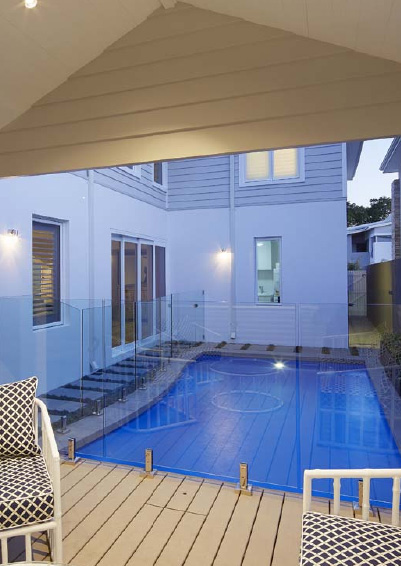
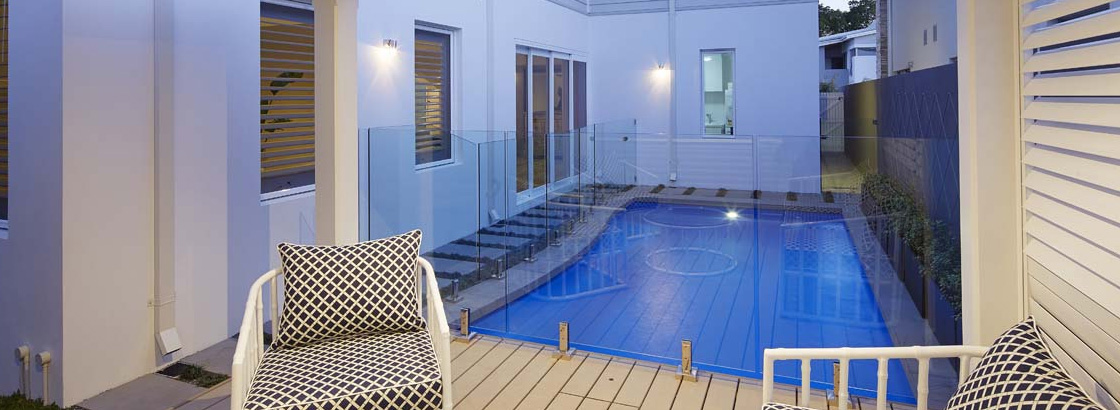
Explore More with Us
When it comes to owning a fibreglass pool, smart seasonal care—especially in winter—helps protect your investment and keeps your pool in top condition all year round. But great pool ownership doesn’t stop at maintenance. Whether you’re still planning your dream backyard or looking to upgrade, we’ve got the resources to support you at every stage of the journey.
Discover a wide selection of pool shapes and sizes for all backyard types.
Choose the perfect colour to match your aesthetic.
Get a customised quote based on your home and preferences.
Stay informed with tips, trends, and pool care advice.
View all pool shell options and learn more about our installation process.
Flexible financing plans to suit your budget.
For more information and to explore our offerings, visit Barrier Reef Pools Sydney South.
Final Thoughts
Winter care for your fibreglass pool might not be the most exciting part of pool ownership, but it’s crucial for protecting your investment and ensuring your pool stays in great condition year-round.
By maintaining water circulation, balancing chemicals, cleaning regularly, protecting equipment, and using a quality cover, you can prevent common winter issues and enjoy a sparkling pool when summer returns.
If you want expert advice tailored to your fibreglass pool and local climate, reaching out to a professional pool service can make all the difference. Winter-proofing your pool is an easy step that pays off with a cleaner, safer, and more enjoyable backyard oasis every year.
🏊 Ready to create your dream backyard?
Contact Barrier Reef Pools Sydney South today and start designing your perfect pool. Browse our pool ranges, discover our colour options, or request a quote to begin. Don’t forget to check out our blog for helpful advice and pool inspiration. With Barrier Reef Pools Sydney South, you’re not just buying a pool—you’re investing in a lifestyle upgrade that adds lasting value to your home and family. Let’s bring your backyard vision to life—beautifully, effortlessly, and affordably.







